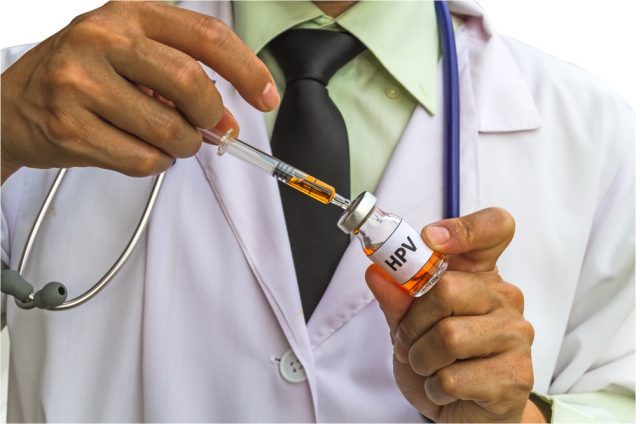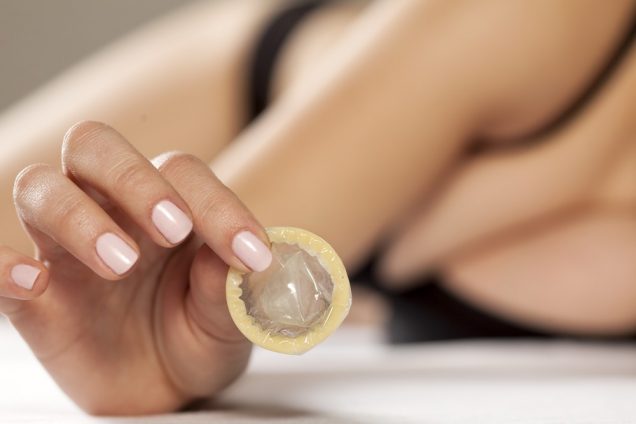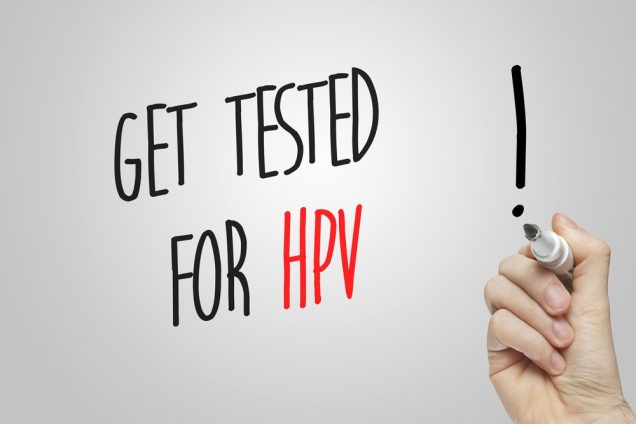Human Papillomavirus Prevention
Human Papillomavirus (HPV) Prevention and Risk Reduction
- The most complex preventive measure is taking a vaccine before the start of sexual life. It may not avert the disease in general, but disarms most dangerous types of the virus that could potentially lead to cancer.

- Sex abstinence is another efficient method to stay away from the virus.

- Using condoms during sexual intercourse reduces the chances of contracting HPV, however, it should be remembered that the virus can spread through any skin-to-skin contact or body fluids.

- Monogamous relations is a secure way to have a trusted partner and stay away from most STDs, including HPV.

- Using personal hygiene products and slippers in public bathrooms or pools.

- Have yourself tested on regular basis.

- If you or your partner has contracted HPV, visit a doctor to make sure it has not been caused by one of the dangerous types of the virus.

Follow-up
- Consult your healthcare provider on the best treatment.
- Although no direct medicine has been found to cure HPV, there is an option to use some external drugs to eradicate HPV symptoms, typically warts. Cryotherapy, colposcopy or surgery can be used too. The efficient drugs are being tested and are set to go on the market shortly.
- Treat both yourself and your partners.
- Inform your eventual sexual partners about the virus.







